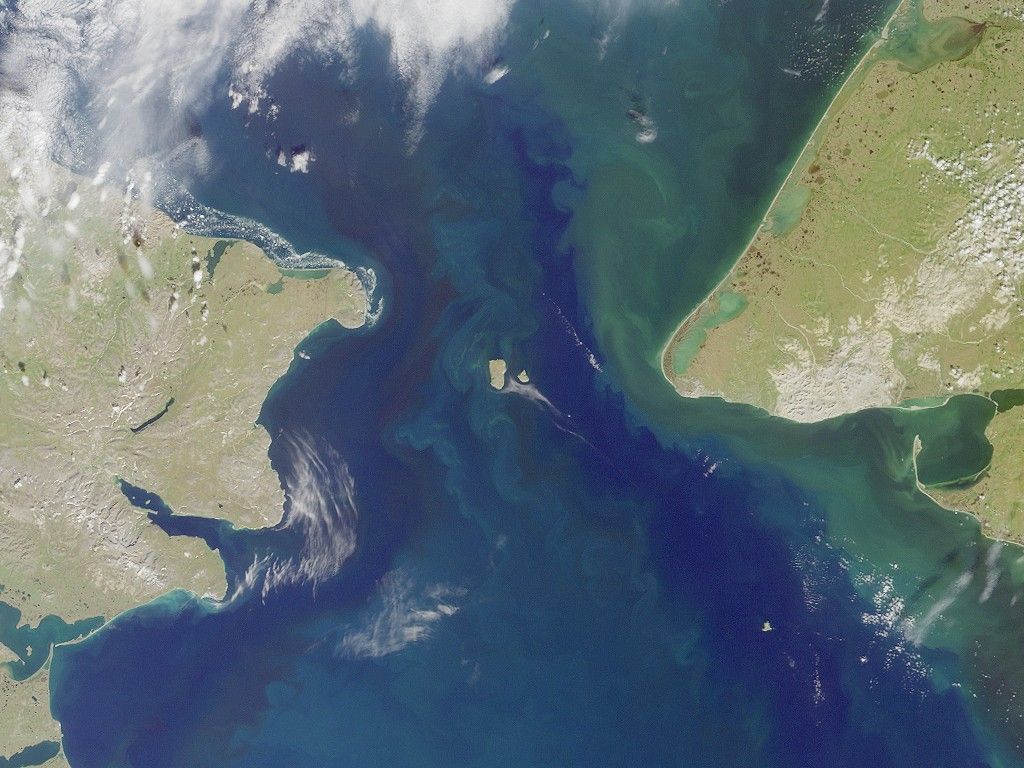Trump likes a deal. Zelensky should offer him Ukraine’s government tech — for free

U.S. President Donald Trump in Turnberry, Scotland, on July 28, 2025. (Andrew Harnik/Getty Images)

Aidan Stretch
American journalist and foreign policy analyst
President Donald Trump’s policies on Ukraine follow not an overarching strategy but a single question: Can he sell them? President Volodymyr Zelensky knows this, presenting Trump with a generous deal for critical minerals and partnerships with American drone manufacturers.
But the Ukrainian president has yet to make what may be his most persuasive offer: the services of Ukraine’s bureaucracy-slashing government technology.
Since 2019, Ukraine has been developing digital platforms to streamline government efficiency. It’s a mission Trump and his Department of Government Efficiency (DOGE) would applaud. Zelensky should pitch these digital governance platforms as Ukraine’s own DOGE innovations. And, borrowing a proven strategy for winning American support, he should offer them to Trump — for free.
In the five years since President Zelensky established Ukraine’s Digital Transformation Ministry, the country has seen rapid increases in government transparency and efficiency. In 2018, the Online Services Index, a component of the United Nations E-Government Development Index, ranked Ukraine 102 worldwide in digital public service development. Today, Ukraine ranks fifth, thirteen spots ahead of the U.S.
Ukraine’s flagship digital platform Diia (short for “the state and I”) is a perfect example of what America needs. The application allows users to digitally access state services, including crossing the border with a smartphone application as a legal ID, obtaining a building permit, and registering a new business. Since Russia’s invasion, Diia’s usership has soared: in just the first 22 months of the war, 4 million new users joined the app.
Across the Ukrainian government, Diia and other digital innovations have succeeded in culling bureaucratic inefficiencies. By digitizing administrative services, Diia has reduced public sector employment by 10%. "ProZorro," an application that makes all tenders and government contracts searchable online, has saved an estimated $6 billion in public funds since 2017 through competitive pricing.
Artificial intelligence is already accelerating this progress. Ukraine’s "Natalka Chatbot" is an AI-powered assistant that streamlines communication with potential partners interested in integrating Diia services. In its proof-of-concept phase, Natalka processed more than 2,300 requests and reduced the workload of managers by 30%.
Trump likes a bargain, and he likes flattery. By offering Trump the services of Ukraine’s own DOGE, Zelensky can woo him with both.
Over the last five months, DOGE has made similar attempts to streamline bureaucracy — but with less success. On the first day of his second term, Trump established DOGE as an independent agency that would "modernize federal technology and software to maximize governmental efficiency and productivity." Yet recently, the American agency has drawn widespread criticism after falling far short of its $2 trillion target and disrupting key agencies such as the Defense Digital Service.


These failures, alongside a recent spat between DOGE’s former head, Elon Musk, and President Trump, suggest the agency may be headed for a rebuild.
This is perhaps the right moment for Zelensky to butt in. In his next meeting with Trump, Zelensky should laud DOGE’s efforts to cull bureaucracy. He should also call Trump’s attention to Ukraine’s attempts to do the same. Then, Zelensky should offer free technology transfers of Ukraine’s digital platforms like Diia and ProZorro to American firms.
At a minimum, the two leaders will build rapport over their mutual fight against bureaucracy. At best, Ukraine’s ready-made digital solutions could secure Trump’s goodwill — and a more cooperative relationship.
Pairing mutual aims with free offerings is a time-tested strategy for securing Trump’s support. Most recently, Qatar has used a combination of flattery and gifts to earn the president’s backing. After the emir of Qatar likened Trump’s home in Mar-a-lago to Qatari palaces, Qatar offered the president a $400 million Boeing 747-8 luxury jet. The result: more than $200 billion in economic deals between the U.S. and Qatar.
Fortunately, Zelensky has something to entice Trump with — not golden jets or golf courses — but government technology. From the Middle East to Ukraine, one thing is clear: Trump likes a bargain, and he likes flattery. By offering Trump the services of Ukraine’s own DOGE, Zelensky can woo him with both.










